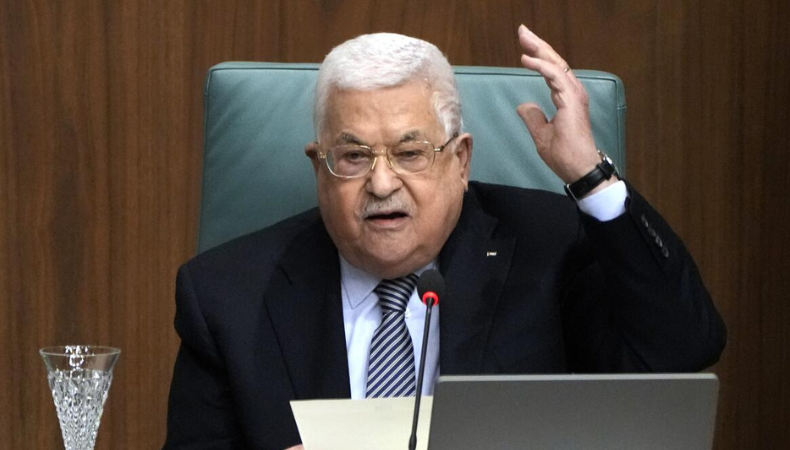Palestinian leadership navigates reconstruction and reform amidst transition

The latter move in Palestinian administration marks a critical moment for the locale. Taking after the renunciation of previous Prime Minister Mohammed Shtayyeh, an unused government has taken office in Ramallah. At its helm is Mohammed Mustafa, a prepared Palestinian financial specialist known for his near ties to President Mahmoud Abbas. The foundation of this government comes in the midst of a basic point in Palestinian legislative issues, especially within the consequence of struggle and the requirement for recreation endeavors in Gaza. Mustafa, presently driving a 23-member Cabinet of technocrats, has been entrusted with initiating these activities, emphasizing a nonpartisan approach to administration.
Challenges and Targets
Mustafa’s arrangement has earned back the United States, signaling Abbas’s commitment to bringing new authority to the political field. The modern government’s destinations are twofold: postwar reproduction in Gaza and the rebuilding of the Palestinian Authority’s specialist within the crushed enclave. In any case, Mustafa’s part isn’t without challenges. In spite of his background as a fruitful businessman and his encounter with worldwide organizations just like the World Bank, he is unlikely to challenge Abbas’s specialist. Furthermore, budgetary limitations forced by the current far-right Israeli government, especially through Finance Minister Bezalel Smotrich’s pledge to defund the Palestinian body, pose critical impediments to Mustafa’s plan.
Open Estimation and Political Scene
In the midst of these political improvements, open assumption towards Abbas and the PA is at basic crossroads. Abbas’ ubiquity has been relentlessly declining, with an expanding number of Palestinians calling for his renunciation. This estimation is fueled by recognitions of broad debasement, wastefulness and a need for progress in tending to the wants of the Palestinian individuals. The later strife in Gaza and the PA’s inability to ensure Palestinians in the West Bank have assisted exacerbated pressures. Hamas, the Islamist bunch governing Gaza, has seen a surge in popularity, particularly within the wake of Israel’s military operations within the enclave. The longstanding contention between Fatah, Abbas’s party and Hamas complicates the political scene and poses challenges to the prospects of holding free and reasonable elections.
Keep Reading
Future Prospects and Vital Objectives
Looking ahead, the long haul of the Palestinian Authority hinges on tending to crucial auxiliary issues inside the Palestinian national development. Past the limits of Ramallah and Abbas’s authority, there’s a pressing need to restore important teachings just like the Palestine Liberation Organization (PLO) and the Palestine National Council (PNC). These educators must play a central part in forming the Palestinian political scene and charting an unused course for long-standing time. The developing notoriety of Hamas underscores the disappointment with past understandings, especially the Oslo Accords and the requirement for valid authority competent of tending to the goals and grievances of the Palestinian individuals. As the locale hooks with existential challenges, counting progressing strife and occupation, a genuine drive for change and revitalization is basic to guaranteeing an economical and affluent future for Palestinians.










